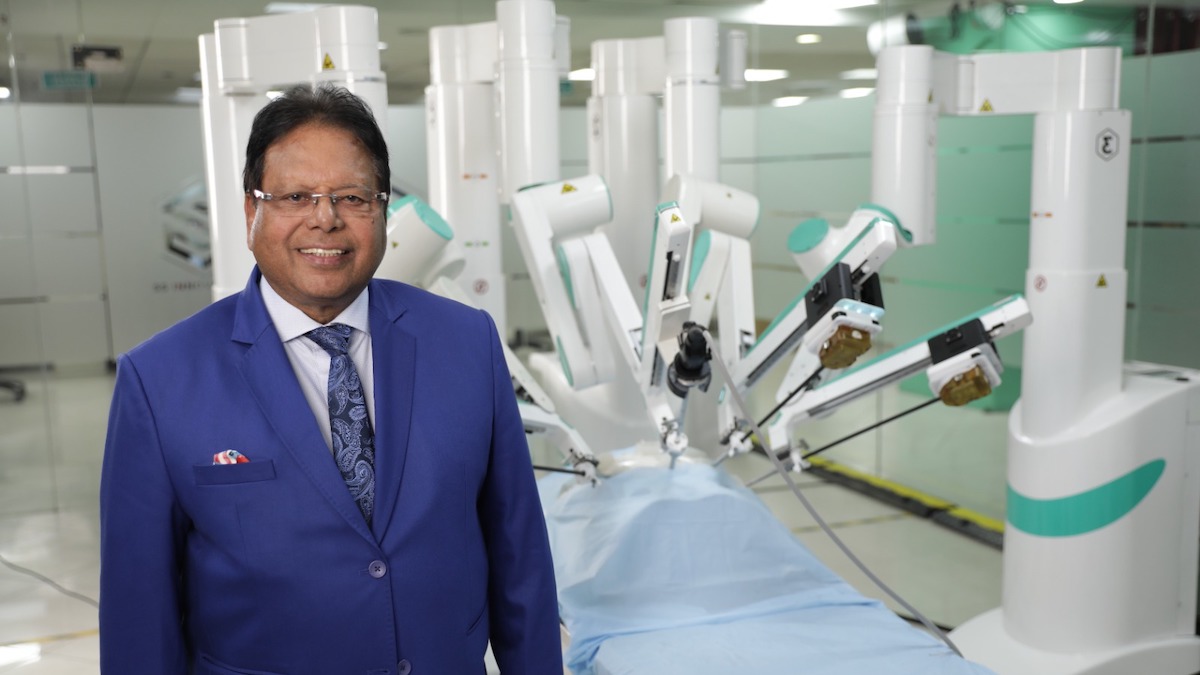The draft of National Commission for Homoeopathy, Bill, 2018, which will be going to change the existing regulator Central Council for Homoeopathy (CCH) with a new one to ensure transparency and National Commission for Indian Systems of Medicine (NCIM) Bill, 2018, which seeks to change the existing regulator Central Council for Indian Medicine (CCIM) with a new one to ensure transparency.
The approval has been given by the Union Cabinet chaired by Prime Minister Shri Narendra Modi. The draft bill clearly defines the need for the constitution of a National Commission with 3 autonomous boards authorised with conducting overall education of Homoeopathy by Homoeopathy Education Board. The Board will be responsible for the assessment and rating to assess and grant permission to educational institutions of Homoeopathy and Board of ethics and registration of practitioners of Homoeopathy to maintain National Register and ethical issues relating to practice are under the National Commission for Homoeopathy. This will give transparency in the system.
And there is also a provision for a common entrance exam and an exit exam, all graduates will have to pass the exam to get practicing licenses. Entrance exam help board to filter candidates who are not eligible for the licenses. Teachers eligibility test for the medical teachers has also been proposed to assess the standard of teachers before appointment and promotions.
The new Bill only aims to bring change and remove shortcomings of the existing one in the medical education of Homoeopathy in lines with the National Medical Commission proposed for setting up for Allopathy system of medicine. The CCH Bill had been earlier superseded by Board of Governors through an Ordinance and subsequent amendment of Act.
Some salient features of NCIM Bill,2018:
Constitution of a National Commission with four autonomous boards entrusted with conducting overall education of Ayurveda, under Board of Ayurveda and Unani, Siddha & Sowarigpa under Board of Unani, Siddha, and Sowarigpa.
There are 2 common Boards named Board of assessment and rating to assess, and grant permission to educational institutions of Indian systems of Medicine and Board of ethics and registration of practitioners of Indian systems of medicine to maintain National Register and ethical issues relating to practice under the National Commission for Indian Medicine.
The draft bill is aimed at bringing reforms in the medical education of Indian medicine sector in lines with the National Medical Commission proposed for setting up for Allopathy system of medicine.
The proposed regulatory structure will enable transparency and accountability for protecting the interest of the general public. The NCIM working hard to promote the availability of affordable and quality healthcare services across the country.








